Our Mission to Protect the World’s Forests
We are working in 60+ countries to build sustainable, rural economies—a proven strategy to keep our forests standing.
Home / Issues / Forests & Biodiversity / Page 35
Forests are critical to every living thing on Earth. Not only do they give us clean air, shelter, and rain, they house 80 percent of the world’s terrestrial biodiversity. Alarmingly, humans have destroyed half of the world’s tropical forests and driven extinction rates up thousands of times higher than what is natural.
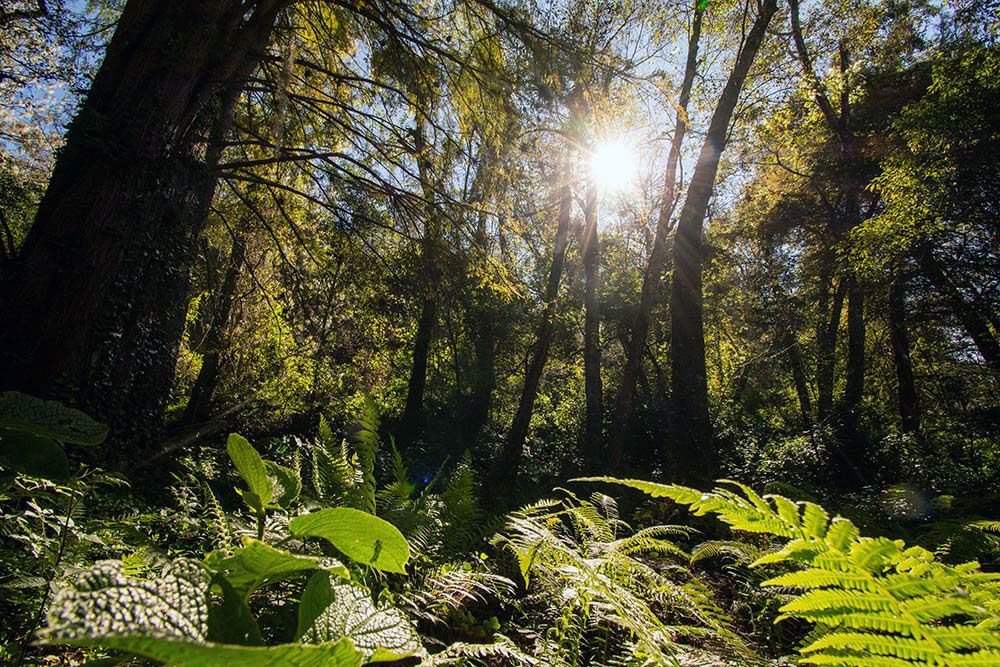
Forests are a powerful natural climate solution. As trees grow, they absorb and store carbon emissions, while releasing oxygen into the atmosphere. Conserving forests could cut an estimated 7 billion metric tons of carbon dioxide each year—the equivalent of getting rid of every car on the planet.
![]()
in the forest concessions of the Maya Biosphere Reserve, Guatemala*
In Guatemala’s Maya Biosphere Reserve, twelve community forestry concessions safeguard around 417,269 hectares of the largest and most important tropical forest north of the Amazon. These community-run concessions boast a near-zero deforestation rate—a remarkable feat given that adjacent areas suffer some of the highest deforestation rates in the Americas.
*Community forestry concessions in Guatemala’s Maya Biosphere Reserve have demonstrated a near-zero deforestation rate, since data collection began in 2000. Data accurate as of December 2019.
![]()
From 2020 through 2021, farmers we work with in the buffer zone of Indonesia’s Bukit Barisan Selatan National Park planted 45,000 trees in the area directly bordering the park. In addition, we identified 80 farms that sit in a wildlife corridor used by the critically endangered Sumatran elephant. We supported these farmers in planting species that suit the elephants’ diet.
*Data accurate as of December 2022
Together with forest and farming communities, Indigenous leaders, companies, governments, and global citizens, the Rainforest Alliance works in 58 countries to promote more sustainable land management practices while cultivating thriving rural economies—the most widely proven strategy to restore biodiversity and keep our tropical forests standing.
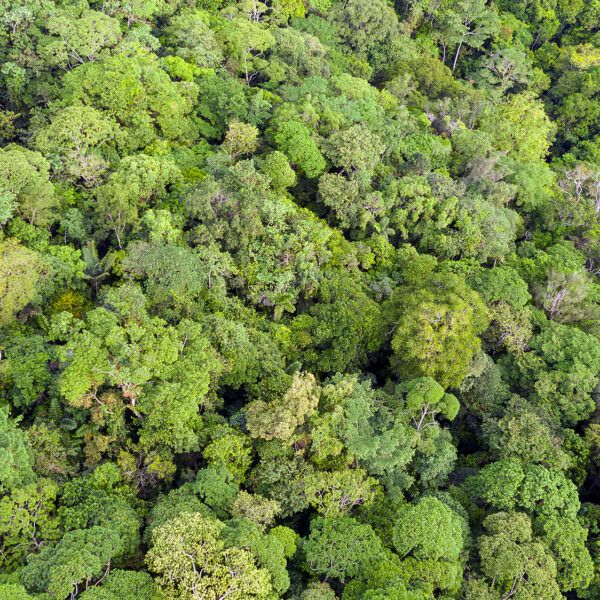
We are working in 60+ countries to build sustainable, rural economies—a proven strategy to keep our forests standing.
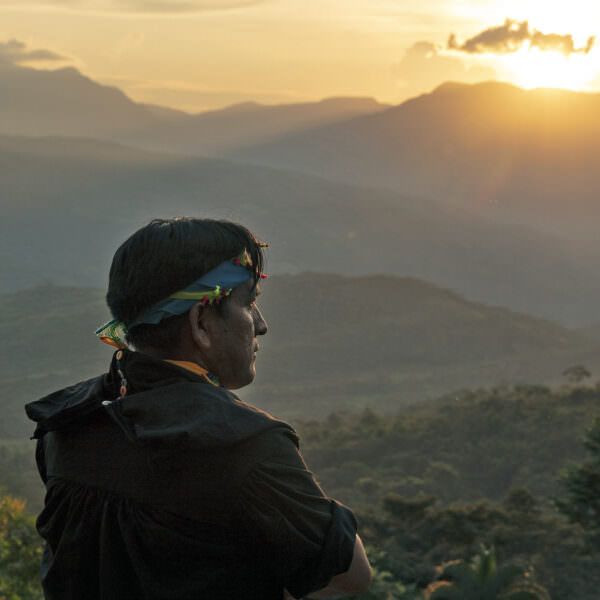
Indigenous peoples and local communities have an unsurpassed connection to the Earth's forests.
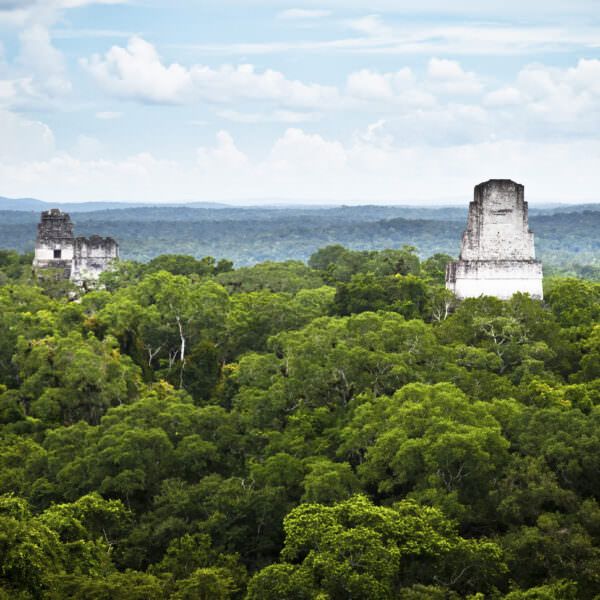
The forest concessions of the Maya Biosphere Reserve have boasted a near-zero deforestation rate for 20 years.
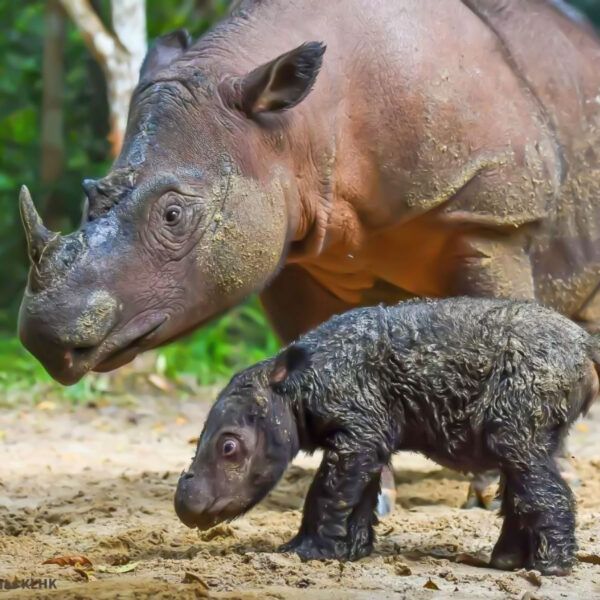
We're training coffee farmers in the Bukit Barisan Selatan National Park buffer zone to help them conserve biodiversity and improve their livelihoods.

A Case Study of Communities in The Maya Biosphere Reserve, (Petén, Guatemala) Expanding markets for lesser-known species (LKS) has long been identified as a key need to increase the competitiveness of community forest enterprise (CFE), especially in the tropics. A production focus on a single or small range of forest species with strong market demand […]

A Case Study of Work with Forestry Concessions In the Maya Biosphere Reserve (Petén, Guatemala) Lack of access to finance is widely cited as a critical bottleneck to improving the competitiveness of community forest enterprises (CFEs). Having capital on hand beyond the rather small savings that most CFEs have is essential to cover annual planning […]

A Case Study of Ejido El Largo y Anexos, (Chihuahua, Mexico) Mexico has what is probably the most advanced community forestry sector on earth. More than 60 percent of the nation’s forestland is owned by rural communities. This is largely the legacy of agrarian reform born out of the Mexican Revolution and implemented in successive […]

Mexico is characterized by a strong community forestry sector. The Mexican Revolution (1910-1917) introduced an agrarian reform process implemented in successive waves during the 20th century. Over a period of 70 years, lands nationwide were titled to two types of rural communities—ejidos and indigenous communities—which now collectively hold an estimated 60.3 percent of the national […]

A Case Study of Work with Brazil Nut Producer Associations (Madre de Dios, Peru) The Brazil nut is one of the world’s most widely consumed non-timber forest products (NTFP). It is also one of a relatively small number of globally traded commodities that is helping to save threatened forests. Harvested from the fruit-fall of giant […]
Forests are an indispensable piece of the climate puzzle, which is why they’re prominent in the U.N.’s new Sustainable Development Goals, and why they will also loom large at the COP21 Paris climate talks.